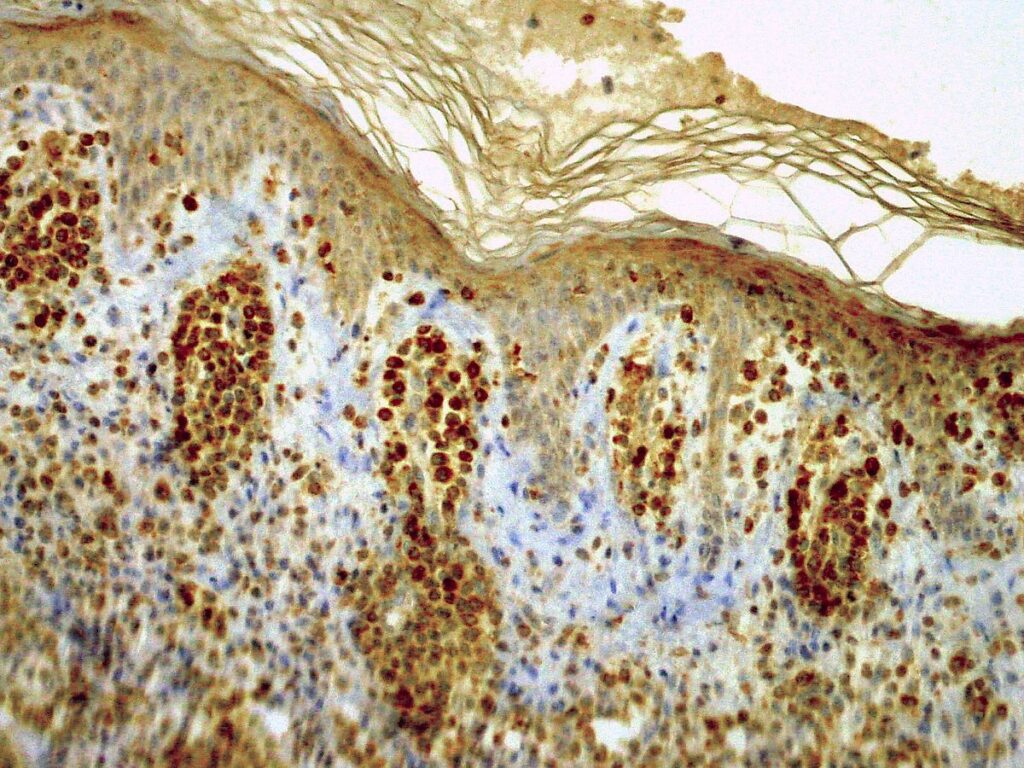A Cancer Patient in New England gets the First Outpatient Stem Cell Transplant

Neucrad News Desk September 10, 2019
In a pioneering event, a patient, Liz Bowden of New England received stem cell transplant last month for curing cancer as an outpatient procedure. The use of stem cell transplantation has been prevalent in the treatment in malignancy for quite some time. However, this case was unique because here, the patient underwent the entire procedure under the new ambulatory transplant programme. This type of treatment is highly beneficial and convenient for patients because it does not require any hospital stay. Medical professionals are optimistic that this new model of cancer treatment will remove the hardships associated with the hospital stay.
What happened to Liz Bowden of New England?
Liz Bowden is a 55-year-old woman from New England. In 2017 she got detected with a rare form of skin cancer-cutaneous T-cell lymphoma. She immediately started her treatment at the Dana-Farber/Brigham and Women’s Cancer Centre (DF/BWCC). Doctors at the medical institute prescribed radiation therapy as the primary mode of cure. They also enrolled her for a clinical trial after getting her consent. A few days after the radiation therapy, Liz Bowden experienced a significant reduction in her pain and itching. However, doctors were not ready to put her in remission as they were not completely satisfied with the treatment.
In the following year, the U.S. Food and Drug Administration (FDA) approved the use of a monoclonal antibody- mogamulizumab-kpkc as a chemotherapy drug for treating lymphoma. Oncologists prescribed Bowden a complete course of this medicine, and within one month of taking the chemotherapy medication, her cancer was in remission.
What were the next steps of Bowden’s treatment?
Though the medical team taking care of Bowden’s treatment were happy about the remission of her lymphoma, they did not stop the cure at that stage. They wanted to go ahead with a stem cell transplant so that Bowden remained in remission for the rest of her life. The stem cell treatment is a highly advanced cancer cure programme, where patients at first receive reduced-intensity conditioning chemotherapy, to destroy the existing bone marrow cells. After that, they replaced the stem cells with healthy cells from a matching donor. The new stem cells will establish in her body and multiply to form a regenerated immune system without any signs of malignancy.
How did Liz Bowden go ahead with the stem cell transplant?
Liz Bowden carried out the stem cell transplantation procedure under the guidance of a renowned Oncologist of the Dana-Farber/Brigham and Women’s Cancer Centre- Dr Corey Cutler, (MD, MPH). He is also the medical director of the Adult Stem Cell Transplantation Procedure as well as Ambulatory Transplant Programme of the prestigious hospital. Under his supervision, Bowden underwent allogeneic stem cell transplant. In this procedure, the patient receives healthy stem cells from a matching donor. Bowden’s sister acted as the donor for this transplantation.
How was Bowden’s Transplantation programme different from other patients?
It is a fact that many cancer survivors have gone through stem cell transplant for complete cure from the malignancy. However, the transplantation procedure of Bowden was quite different from other cancer patients. Bowden was the first individual to receive the new ambulatory stem cell transplant or the mini transplant. Here doctors administer lower and less toxic doses of chemotherapy, which does not require any hospitalisation. In this way, the recipient’s immune system gets suppressed, and they get configured to receive the donor’s stem cells. At this point, the oncologist introduces the healthy stem cells from a matching donor, which quickly multiplies to form healthy white blood cells. This procedure is known as the graft-versus-leukaemia effect.
This was all about the first case of stem cell transplantation through Ambulatory Transplant Programme. Oncologists across the world have welcomed this procedure, as it would minimise the hospital stay of cancer patients significantly.








